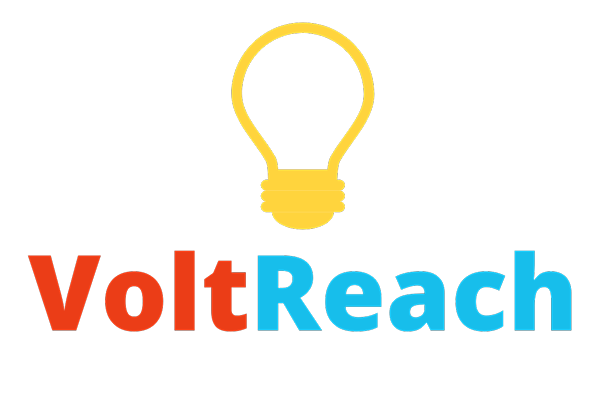The best esports contenders make millions, and the business highly esteems meritocracy. So why are there not many women among the top earners?
According to free site esportsearnings.com, the most generously compensated esports player has collected more than $7m (£5.2m) in rewards across his vocation. Johan “N0tail” Sundstein is a Danish Dota 2 player and has contended in excess of 100 tournaments to accumulate his fortune.

Below him in the rankings, the following 30 most noteworthy earners are generally male Dota 2 players. However, even where different games like Fortnite, Counter-Strike: Global Offensive and Call of Duty start to show up, the rundown is as yet dominated by men. The primary lady shows up at #367: the Starcraft II hero Sasha “Scarlett” Hostyn. Hostyn has made about $400,000 (£300,000) in prize cash during her profession starting around 2011; a long ways from the millions of men above her why are there less female gamers.
Hostyn is joined by simply two different women to have made six figures in rewards. Xiao Meng “Liooon” Li won the Hearthstone grandmasters worldwide finals in 2019, and Katherine “Mystik” Gunn has contended in different games. They are positioned #760 and #1,478, respectively.

Prize rewards aren’t the main way for esports players to bring in cash, however the uniqueness reaches out to different spaces of pro-gaming professions. Not very many women are in a salaried player position; for instance, the main lady to have played in the Overwatch League, Kim “Geguri” Se-yeon, didn’t contend in the latest season, returning the association to a completely male player base. Numerous contenders go to Twitch to supplement their livelihoods by livestreaming when they’re not contending, yet a new break of the organization’s monetary information uncovered that main three of the best 100 paid makers were women.
Unlike customary games, esports is, hypothetically, an equivalent battleground regardless of sexual orientation. So why is there a particularly unmistakable compensation gap? Also read: (Omicron Travel Restrictions)
To set it forth simply, the esports business battles with sexism. In a meeting with Polygon, the Overwatch League’s first female mentor. Molly “Avalla” Kim, expressed that she had whenever been acknowledged in to a group as a player, before she “surrendered rapidly due to the hardships of joining a group house with other [male] players”. Somewhere else, she said that one group had additionally dismissed her as a mentor in light of the fact that “our players don’t need female coaches”.
Kim has likewise spoken with regards to the destructive comments she has gotten online with regards to her appearance. Another Overwatch League staff part, Kate Mitchell, head supervisor of esports group Washington Justice, resigned subsequent to detailing that her mental wellbeing declined in the wake of getting “harmfulness and relaxed brutality from outsiders” over the web. “I needed just to ‘get past’ and prevail even with misfortune and pioneer a path for other LGBT women to follow me in this space,” she wrote in her announcement, “yet [it] ended up being a greater test than I had the option to take on.”
This sexism is identified with and compounded by the sexism of more extensive gaming society. Studies have shown that voices apparent as female in game talks are ordinarily bound to get harassment. Having the option to utilize these elements openly is frequently critical to group solidarity, which means it very well may be hard for women to arrive at highest levels by any stretch of the imagination assuming their group becomes uncooperative or harmful. Others basically rather not address stay away from any antagonism, which thus hampers their capacity to play well, just as their overall enjoyment.



















Leave a Reply